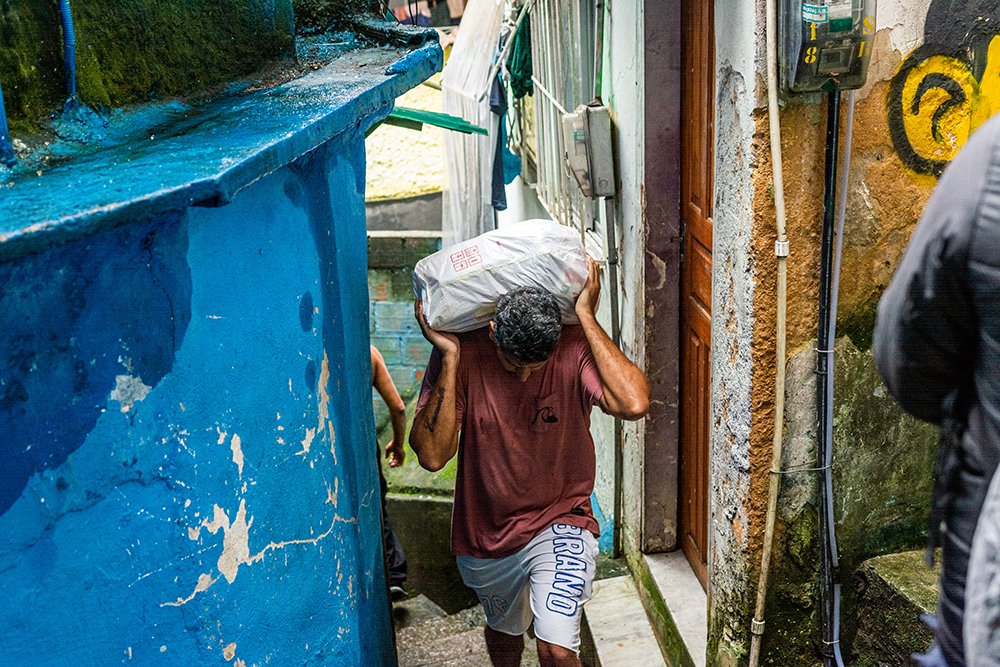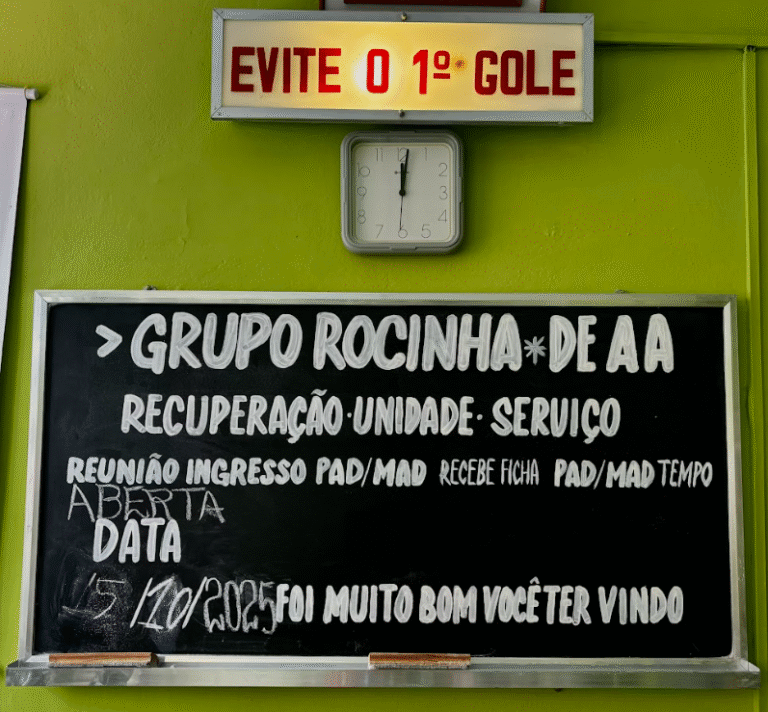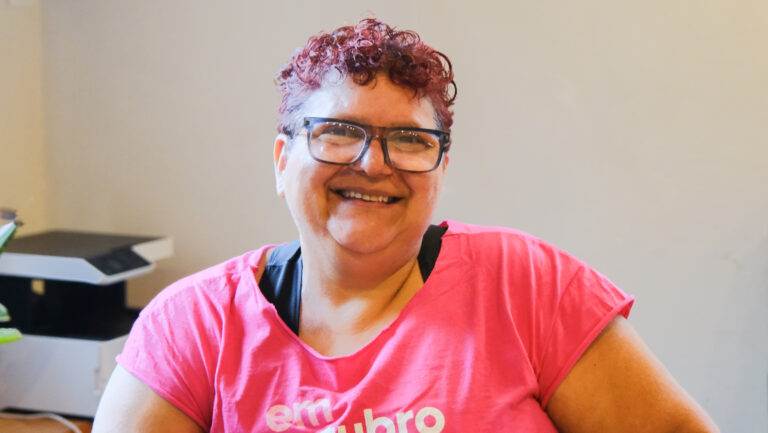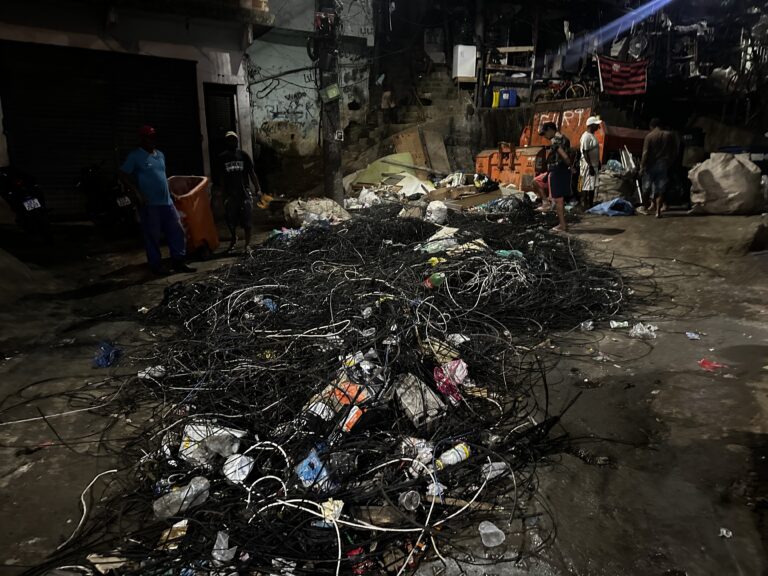
A lista de espera
O que será que eles vão comer no jantar de hoje?
For the past 3 months, Fala Roça has been distributing thousands of basic food baskets to Rocinha residents through 25 social organizations that operate in the favela. There were about 20 baskets left to finish the last day of distribution of this batch.
At 9 am, it was possible to see a crowd of residents forming a queue at the distribution point. Deliveries only started at 12 pm.
With the movement, many non-registered residents came to us to get a basic basket, but it was not possible to give them because all of them already had an owner. These residents left their full name and telephone number in the hope that one day we would call them. Others were waiting there, imagining that there might be more, all of a sudden. And left.
In the previous nights, we made many calls to the residents arranging the day and time for deliveries. Fortunately, there were residents who no longer needed our help or simply did not answer our calls. The opportunity was given to people on the waiting list who were waiting anxiously at the entrance to the building.
I lost count of how many times I went down and up those stairs. He called registered residents two by two to avoid agglomeration. At 3 pm, we released the last registered resident. It was time to start calling residents on the waiting list who had been waiting since early for the ‘luck’ of someone who hadn’t gone to get the food.
In the meantime, I thought a lot about how, even in 2020, we face hunger on a planet rich in natural resources. In Greek mythology, Demeter, the goddess of productivity, was hindered by an envious rival who always crossed her path: Limos, the goddess of hunger, a kind of evil entity feared by the poorest. Although food production has increased in recent decades, Demeter’s struggle is still current and will worsen after the pandemic because of the recession in the country.
United Nations Secretary-General António Guterres commented on the risk of extreme poverty. “There is more than enough food in the world to feed our population of 7.8 billion people. Yet today, more than 820 million people are hungry. And around 144 million children under the age of 5 are stunted, more than one in every 5 children worldwide,” warned the Secretary-General.
Every time I went down the stairs of the building to call a resident, people fell silent. They looked at each other to see who would be called. Some closed their eyes. Maybe they were praying, cheering for you. Dona Maria*, 68 years old, certainly exclaimed: “Now it’s me!”, but it wasn’t. Seu José*, a bricklayer who is living on a day job, was the one called for the time. She knelt down and thanked Saint Joseph, the adoptive father of Jesus in the gospel.
On the waiting list, many stories are heard. I tried not to make friends so as not to disappoint anyone. You don’t play with hunger. While Seu José was in the room picking up his basic food basket, more residents arrived in search of donations. And they keep arriving everywhere, on the streets, on cell phones, on our social networks.
Since April, we have already delivered almost 8 thousand baskets, thousands of people benefited even before the emergency aid came out. It certainly eased the saga of many families. But not having just 20 more baskets for those people that day broke me up inside. We always want to do a little more. Although they’re first on next month’s list, what are they going to have for dinner tonight?





